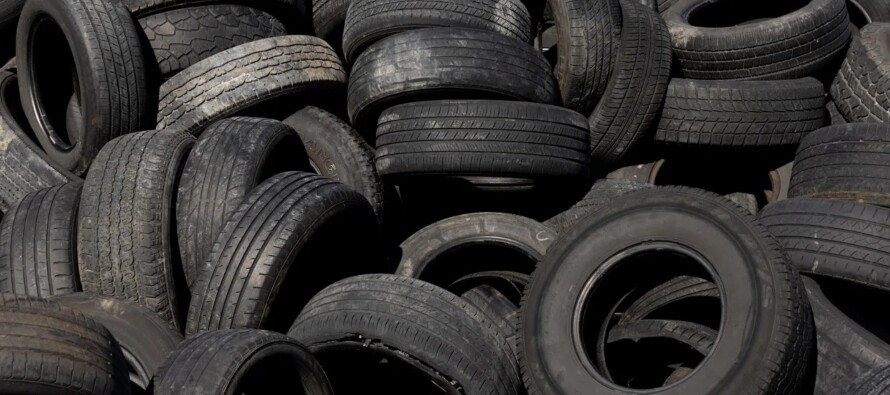
A study conducted by the University of Vienna has revealed that sulfur hexafluoride (SF6), being the most harmful known greenhouse gas, has considerably underestimated global emissions. Published in 'Atmospheric Chemistry and Physics', the study highlights that SF6 emissions have a climate impact equivalent to the annual CO2 emissions of Italy, one of the world's major economies.
Martin Vojta, one of the authors of the study, warns that SF6, by remaining in the atmosphere for a thousand years, becomes a real long-term threat to the climate. Despite stricter regulations that have led to a reduction in actual emissions in the European Union and the United States between 2005 and 2021, these are still significantly higher than the officially declared figures.
Globally, actual SF6 emissions are much higher than what is officially reported. China, for example, has increased its emissions from 1,280 tons in 2005 to 5,160 tons in 2021, far exceeding the reductions achieved by the combined EU and United States.
Andreas Stohl, who led the study, pointed out the importance of countries like China and India implementing stricter regulations to curb the global increase of these emissions. To conduct the research, atmospheric measurements from monitoring stations around the world were used, and air currents were employed to track the origin of SF6.
According to the Kyoto Protocol, countries must report their SF6 emissions; however, this gas only emits when the systems containing it are damaged or disposed of improperly, making it difficult to track accidental leaks and generating inaccuracies in estimates. In this regard, experts advocate for the installation of more monitoring stations in regions currently lacking them, such as India, Africa, and South America, to improve global oversight and obtain more accurate data.












